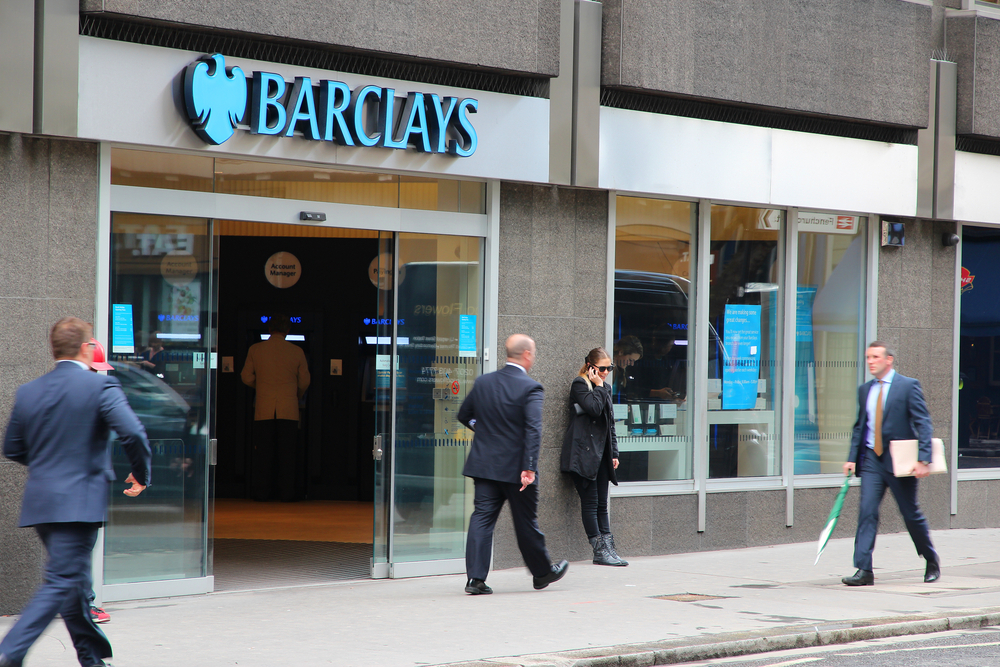Net lending by Funding for Lending Scheme (FLS) participants in the second quarter of 2013 was up by £1.6 billion, slightly up on the previous three months.
However, the rise in lending can be attributed to an increase in mortgage commitments, not business lending – which fell away. The cumulative figure over the year was down, by an amount of £2.3 billion.
Statistics from the Bank of England shows that drawdowns of £2 billion were recorded, meaning that £17.6 billion of cheap funds have been utilised since FLS started in August 2012.
Lenders such as banks and building societies participating in FLS can borrow money cheaply from the Bank of England in the hope that it will encourage them to lend to more individuals and businesses. There are now 41 groups partaking.
According to the Bank of England, net lending to small and medium-sized businesses (SMEs) was negative during the second quarter of 2013, despite the growth rate being less so than that for large companies. An upturn in lending is forecast due to the extension to the FLS scheme which was announced in April 2013, providing further incentives to increase lending.
More on Funding for Lending scheme:
Paul Fisher, executive director for Markets at the Bank of England, comments, ‘The FLS is continuing to support lending to the UK economy with a range of indicators suggesting that credit conditions are steadily improving for households and firms, and FLS participants collectively expect net lending volumes to pick up over the remainder of the year.’
Despite the net increase in lending seen in the three months to June 2013, some are still concerned that SMEs are not able to access, or are not aware of, cheaper loans.
John Allan, national chairman at the Federation of Small Businesses, says, ‘We hope the small increase in lending from FLS continues to build. However, with many firms unaware of what FLS is we want to see an increase in communication that the banks are open for business.
‘Only when the banks tailor their packages specifically to certain sectors and improve the way they advertise those products to small businesses, will small firms get the finance they need.’
Duncan Kreeger, director of short-term lender West One Loans, comments, ‘Most SMEs have already dismissed this scheme as largely irrelevant – instead, they are powering forwards on their own momentum, supported by new forms of finance.
‘One year in to this exceptional subsidy and mainstream banks are still struggling to lend at the required pace. But compared to new models, like peer-to-peer, they never could.’






